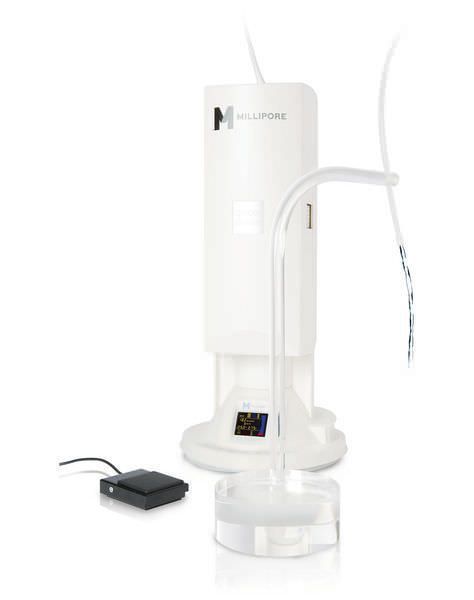Overview Recent advancements in measuring techniques and detection technologies have dramatically improved the sensitivity of modern analytical instrumentation. Trace elements can now be measured at ppt and sub-ppt levels using techniques such as ICP-MS. These low detection levels allow new applications, such as elemental fingerprinting, to be employed in such diverse fields as forensic science, the food and beverage industry and astrogeology. Low detection levels mean that special care must be taken with the instrumentation, operators, laboratory environment and any sample containers used—all of which can impact experimental results. This is equally true for ultrapure water used in the analytical process. Due to the dissolution and dilution processes required in sample preparation, high-purity water typically constitutes over 90 % of a sample analyzed by these sensitive techniques. High-purity water is also used for cleaning sample containers, washing plastics and preparing blanks and standard solutions. Laboratories performing trace analysis must have a reliable source of ultrapure water with consistently low elemental concentrations. The Q-POD Element unit was specifically designed to achieve this purpose when combined with a Milli-Q Integral or Milli-Q Advantage ultrapure water purification system. The Q-POD Element unit’s design was developed by scientists conversant with trace analysis methods such as IC, ICP-MS and GF-AAS.
a:2:{i:0;a:2:{s:4:"name";s:22:"Medical establishment:";s:3:"val";s:10:"laboratory";}i:1;a:2:{s:4:"name";s:13:"Applications:";s:3:"val";s:30:"for ultrapure water production";}}


